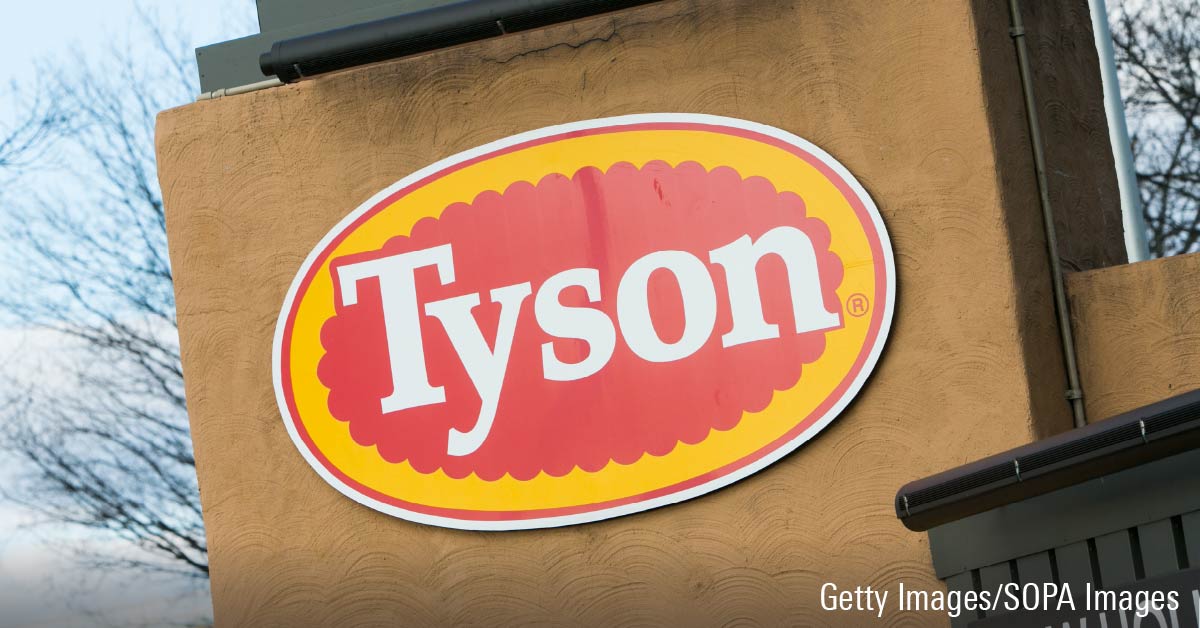Tyson: Near-Term Headwinds Stem From Commoditized Meats, but Better Conditions Will Restore Margin

We are lowering our fair value estimate for Tyson Foods TSN to $85 from $96, which implies a 36 times 2024 EPS multiple and an enterprise value to 2024 adjusted EBITDA of 13 times. Multiples are elevated due to depressed earnings from near-term headwinds. The decrease comes mostly from a more gradual recovery from near-term headwinds than we previously forecast. This includes a top-line growth rate of about 2.3% per year, down from 2.5%, as well as a more gradual recovery to our midcycle 7.5% operating margin forecast.
Shares trade well below our fair value estimate at $85 per share, as challenges in the beef and pork segments have hurt recent results. We forecast fiscal 2023 operating margins to decline dramatically amid near-term headwinds, hitting roughly 1.5% compared to more than 8% in 2022. By 2027, we expect margin to recover to about 7.5%, mostly driven by a recovery to normal conditions in the chicken, beef, and pork markets. This is roughly in line with historical levels, though we anticipate that without a moat it will take Tyson some time to restore profitability.
We maintain Tyson Foods’ economic moat rating of none. For food producers, brand intangible assets and cost advantage are the typical sources of a durable competitive advantage. Although Tyson has a handful of recognizable brands, few are dominant enough to entrench positions within retailer shelves nor appear to have pricing power. Additionally, most of Tyson’s sales come from fresh and frozen raw beef, chicken, and pork. These are commodities that carry no pricing power. We also see no evidence of a cost advantage, as margins lag peers that have that moat source. Lastly, commodity meats face factors that can dramatically influence costs and revenue outside of the company’s control. This uncertainty adds to our doubts it can consistently generate excess returns.
The author or authors do not own shares in any securities mentioned in this article. Find out about Morningstar’s editorial policies.

/s3.amazonaws.com/arc-authors/morningstar/220f0649-85f9-4004-a281-b91d9bc53139.jpg)
/cloudfront-us-east-1.images.arcpublishing.com/morningstar/ZPLVG6CJDRCOTOCETIKVMINBWU.png)
/cloudfront-us-east-1.images.arcpublishing.com/morningstar/ZZSPP5AYAJB2RIRVFE2XR23GUQ.jpg)
/cloudfront-us-east-1.images.arcpublishing.com/morningstar/NYUEHSFI4BDCJPQZJ76HH4PKSM.jpg)
:quality(80)/s3.amazonaws.com/arc-authors/morningstar/220f0649-85f9-4004-a281-b91d9bc53139.jpg)